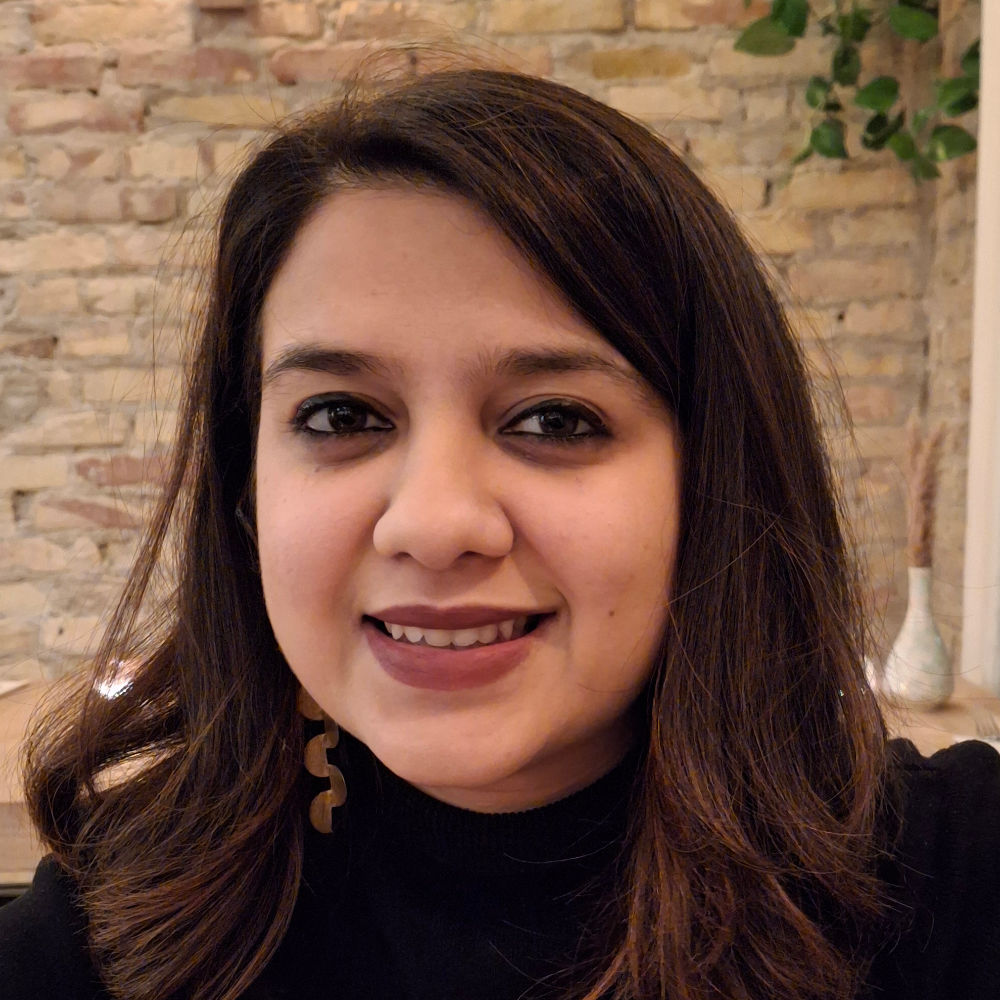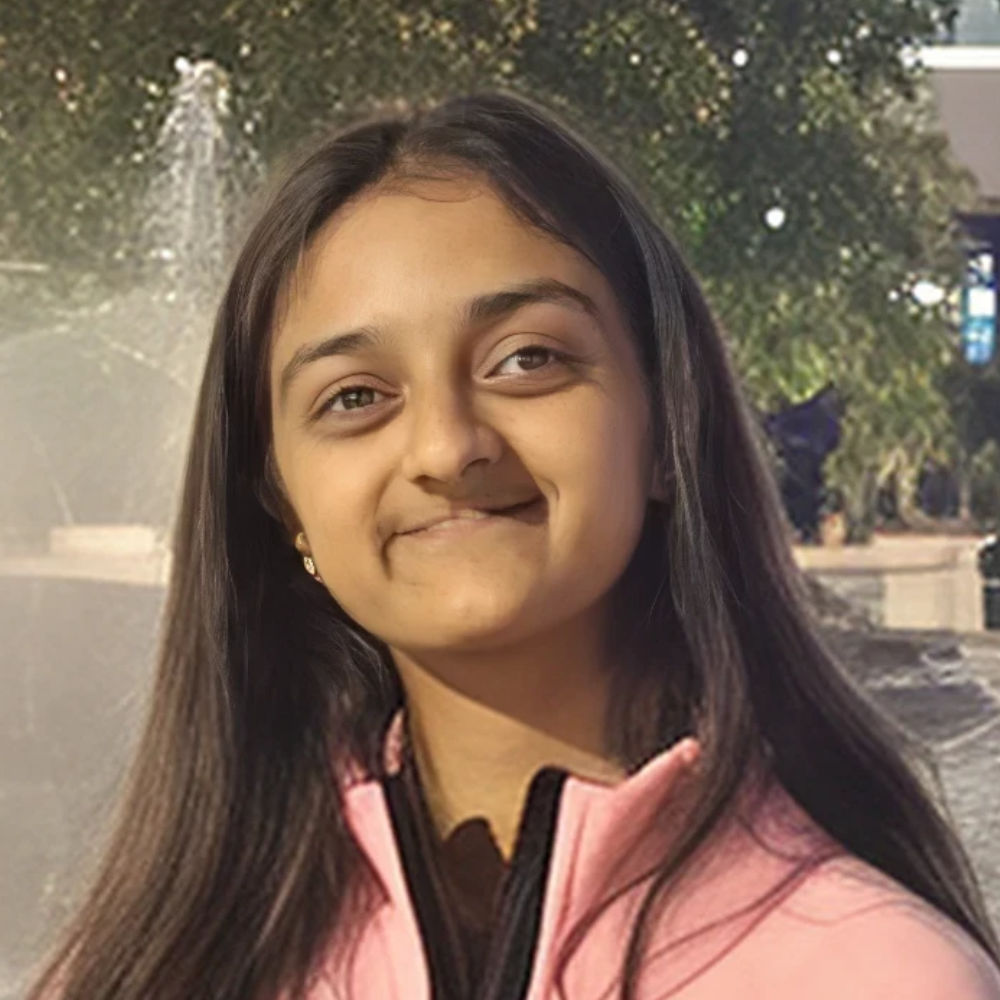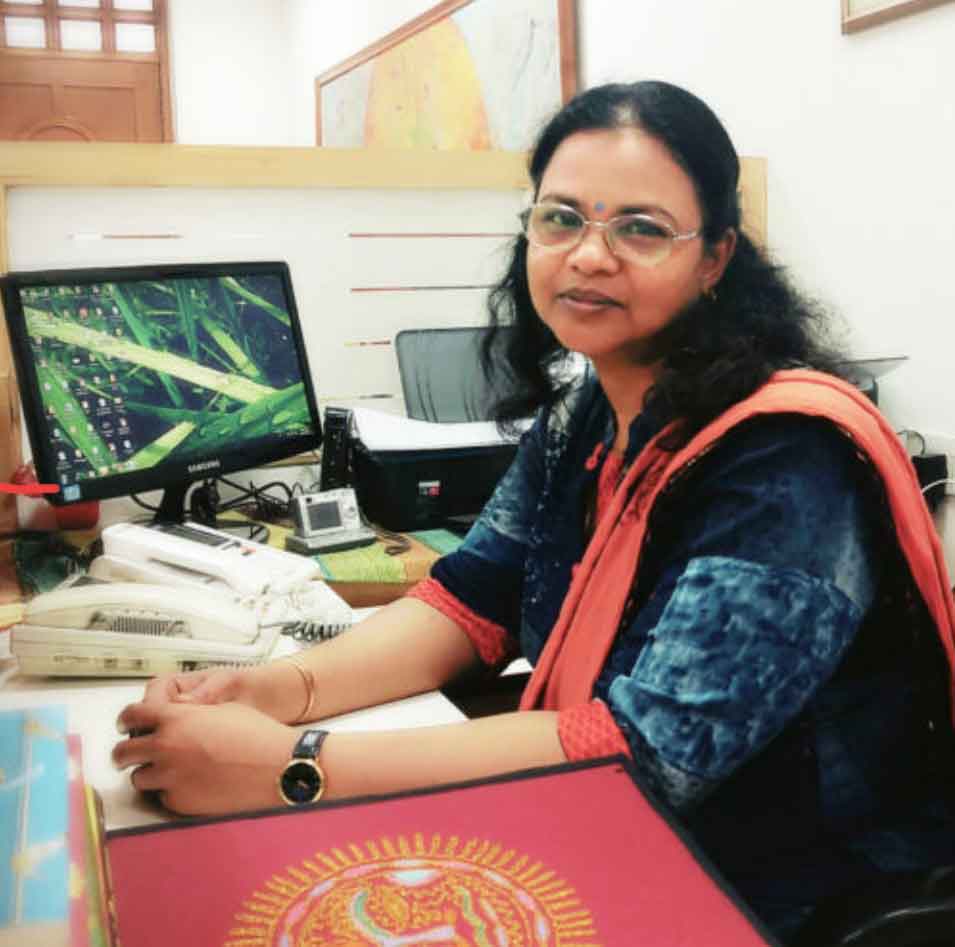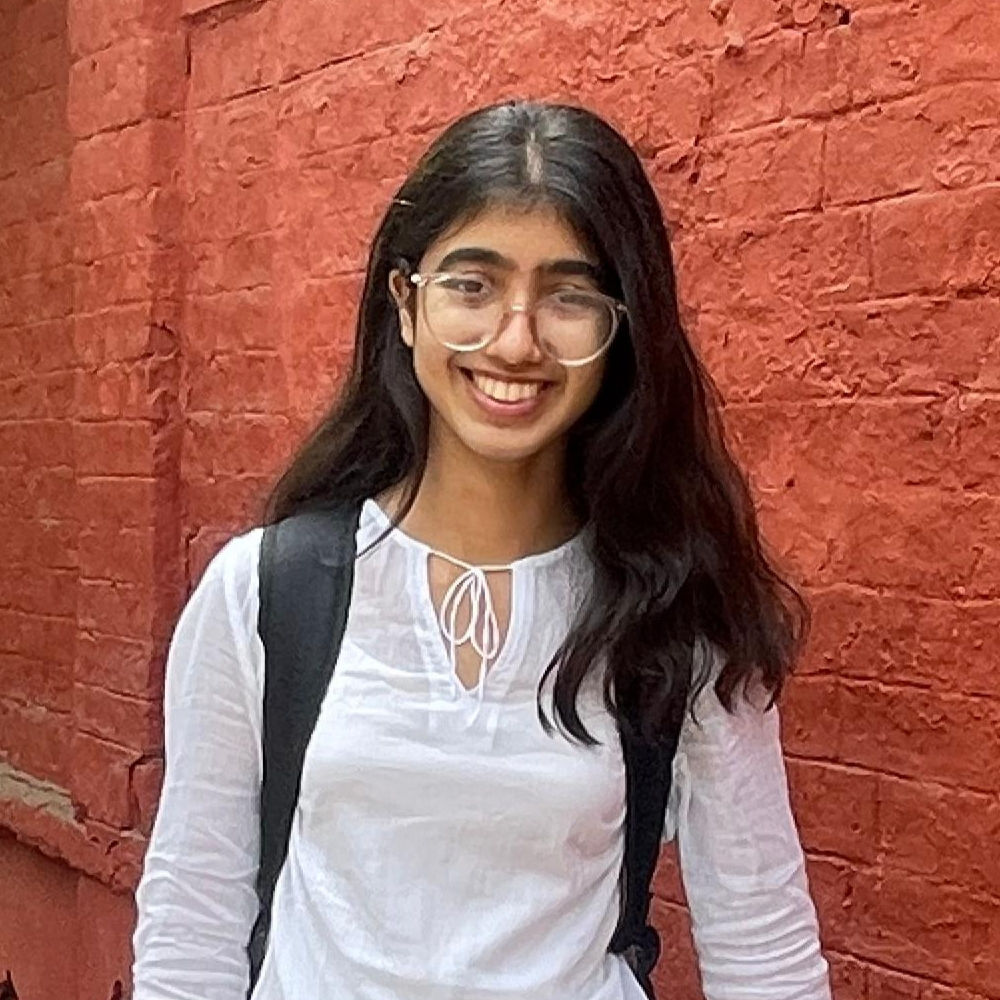
About AfterWord
AfterWord is a multilingual publishing platform for reflections on language, literature and translation. We hope to bring together diverse experiences in translation, however heterogeneous and complex. This platform derives from the concept of translation or “anuvad” in the South Asian context as an ‘after-word’ or an echo of one language in another. AfterWord works towards connecting your interest in language and translation with translators and experts in the field, through our publications, podcast and our blog.
Why AfterWord
At AfterWord, we see translation is a way to bridge the gap between languages, people, cultures, histories, and perspectives. We emphasise the need to support literary work that exists outside mainstream publishing economies. AfterWord is creating a platform to represent voices in translation, by creating engagement between translators and people interested in language, literature and translation. We hope to make literature in translation more accessible, celebrated, and widely read.
History and Legacy
AfterWord is not just a platform—it is the continuation of a mission that spans three generations of women committed to nurturing and professionalising literary translation in India.
The journey began in 1964 with Dr. Gargi Gupta, who returned from Columbia University as a young journalist and went on to establish the Bhartiya Anuvad Parishad—one of India’s first institutions dedicated to translation. She also instituted one of the country’s first Awards for Translators, recognising their invisible labour long before it became part of the mainstream literary conversation.
Her daughter-in-law, Neeta Gupta, carried that vision into publishing. As the founder of Yatra Books, she played a pivotal role in enabling co-publishing collaborations with Penguin India, and in bringing international voices into Indian languages. Today, she continues her leadership as Publishing Director at Tethys Books, Editor of Anuvad Patrika, Co-founder of the Publishers’ Exchange, and as part of the Executive Committee of the Ashoka Centre for Translation. Her work has focused on bridging language markets, mentoring translators, and creating publishing ecologies in multiple Indian languages, by building editorial awareness around translated texts.
This legacy is now being taken forward by Dr. Mohini Gupta, a writer, literary translator, and language scholar with a D.Phil. from the University of Oxford. Her academic work lies at the intersection of language politics, education and anthropology in India, with a special focus on language and postcolonial shame when it comes to the teaching and learning of mother tongues in Indian educational institutions. In 2020, she founded the digital multilingual collective Mother Tongue Twisters, which evolved into AfterWord in 2022. Under her leadership, AfterWord has grown into a platform that supports literary translators through podcasts, residencies, education programmes, and publications—all designed to serve the next generation of storytellers across languages.
Together, these three generations represent a long-standing, hands-on commitment to literary translation—not just as a creative practice, but as a cultural movement.
Meet The Team

Mohini Gupta
Co-Founder
Dr Mohini Gupta is the Co-Founder of AfterWord India and a writer, literary translator and academic from New Delhi, India. She is currently a Postdoctoral Fellow at the Danish School of Education, Aarhus University, Denmark. She has a D.Phil. (PhD) from the Faculty of Asian and Middle Eastern Studies, University of Oxford, UK. Her academic work is at the intersection of linguistics, education and anthropology in South Asia.
In 2017, she was selected a Charles Wallace India Trust Translator-Writer Fellow hosted by Literature Across Frontiers at the University of Aberystwyth, to translate Vikram Seth's poetry collection Beastly Tales from Here and There into Hindi. She has co-edited the volumes Language Education, Politics and Technology in South Asia (Routledge 2025); Language and AI in Asia (Lincom 2025); Rethinking Education in the Context of Post-Pandemic South Asia: Challenges and Possibilities (Routledge, 2023) and The Hindu Bard: The Poetry of Dorothy Bonarjee (Honno Press, 2023); and co-compiled Many Roads: Women’s Personal Stories of Courage and Displacement in Wales (Honno Press 2024). She is on the Board of Trustees at the National Library of Wales and on the Executive Committee of the Bhartiya Anuvad Parishad (Translators’ Association of India). She previously founded a multilingual digital collective Mother Tongue Twisters, which has now beautifully transformed into AfterWord India!

Neeta Gupta
Co-Founder
Neeta Gupta has been working towards creating publishing connectivities across different languages and cultures for more than two decades. She is the chief editor of Anuvad, a quarterly journal on translation. Neeta is the Publishing Director at Tethys Books and the recently launched AfterWord: Voices in Translation initiative. She is also a member of the executive committee at the Ashoka Centre for Translation.

Sandeep Sen
Operations Manager
Sandeep Sen is an educator, writer, and storyteller whose journey with language began as an uphill battle. Growing up in Nagaland, he transitioned from the state board to an ICSE curriculum in the 8th standard, an experience that forced an abrupt leap from rote learning to literary analysis. Struggling to make sense of English beyond memorization, he found an unexpected mentor—fiction.
Reading widely, from Sheldon and Tolkien to Neruda and du Maurier, he gradually unlocked the nuances of language, transforming from a struggling student into a writer whose work was published in school newsletters and later, in major publications like The Economic Times. This early experience shaped a deep understanding of how storytelling transcends the written word—how it informs communication, shapes thought, and bridges cultures.
As an educator and communication strategist, he brings this insight into his work, exploring the intersections of narrative, personal identity, and systemic transformation. His writing delves into education, career development, and the evolving role of language in shaping futures.

Maria Celestina Fernandes
Editorial Assistant, Social Media
Maria Celestina Fernandes is a student intern at the AfterWord India. Currently pursuing English Literature at St. Stephen’s College, she specializes in social media publicity, writing, editing, acting and public speaking. At AfterWord, she has contributed to maitaining AfterWord's social media presence on Instagram, aiming to gain hands-on experience in communications, marketing and brand building. Responsible, creative and eager to grow and learn is her lifetime goal.

Iqra Shamim
Editorial Assistant, Publications and Podcast
Iqra Shamim is a literature enthusiast with a deep interest in translation. She graduated from St. Stephen’s College in 2022 and completed her Master's in English from the University of Delhi in 2024. Currently an intern at AfterWord, she attempts to bring a nuanced perspective to her work, informed by her enduring love for the art of translation. An avid reader and passionate about art, she finds creative inspiration across mediums. She is particularly drawn to the lyrical beauty of Urdu poetry and the rich expanse of English literary traditions and in her works of translation, she draws inspiration from the timeless voices of both classical and contemporary writers.

Sukumari Anil
Finance and Accounts

Pakhi Daswani
Editorial Assistant, Substack
Pakhi Daswani is a student of English Literature at St Stephen’s College, Delhi. Her interests lie in the field of theatre and of writing, and she brings her past experience with editing and writing to the table. She is passionate about literature, language and research. She has worked as an intern at AfterWord, and contributes to the management of their Substack newsletter.
